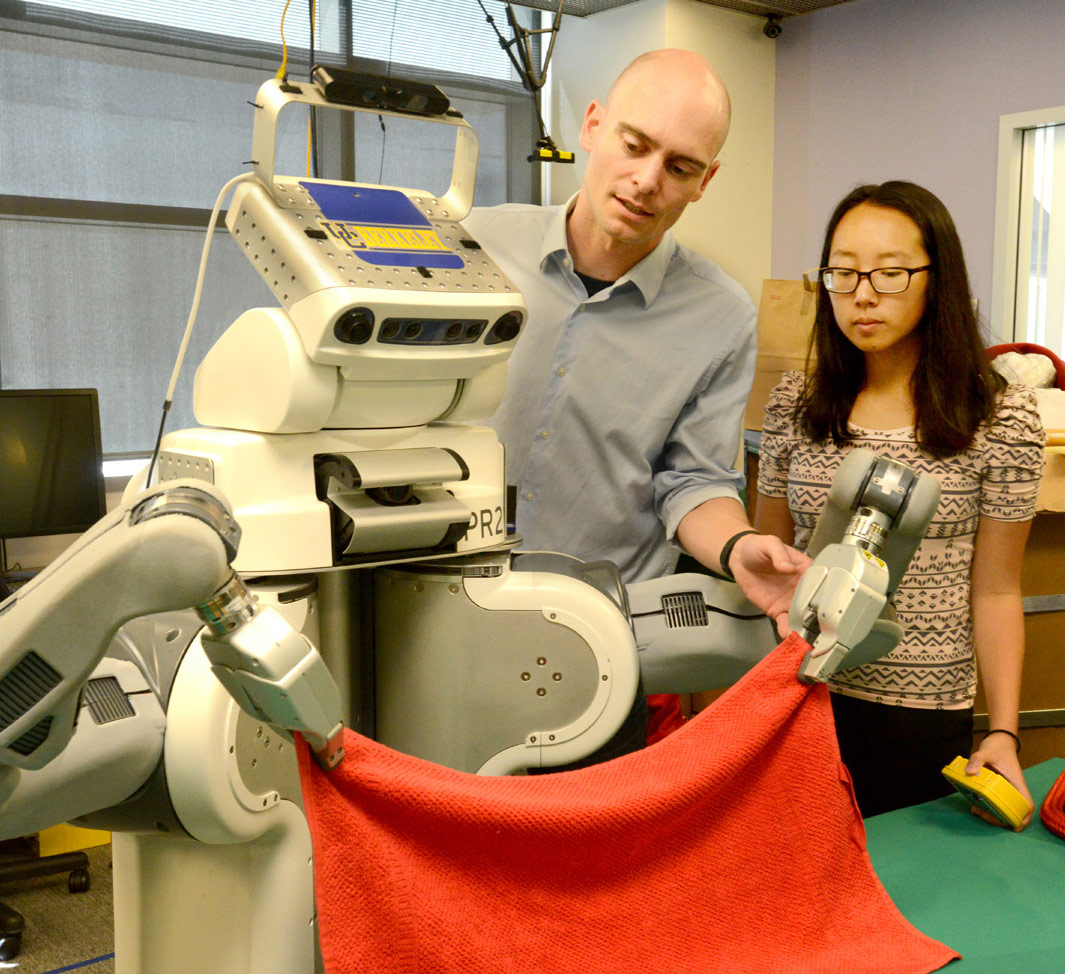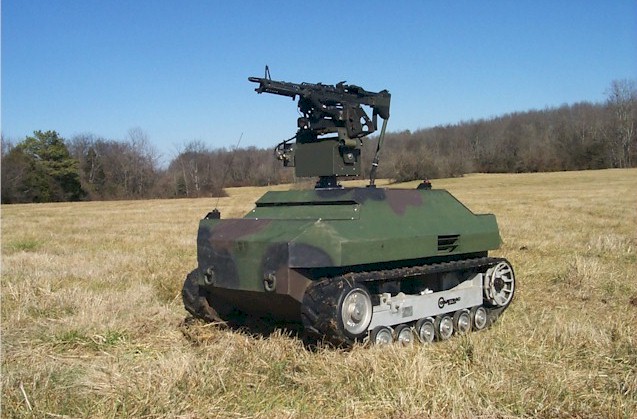Researchers from Stanford University, led by Dr. Jessica Cauchard, have established an “emotional model space” for drones, which consists of a set of eight emotional states (personalities) that have defining characteristics that can be easily recognized by human users, and that can be accurately represented through simple actions that the drone can perform. These personalities include: brave, dopey, sleepy, grumpy, happy, sad, scared, and shy. For example, a drone with a brave personality moves quickly and smoothly, and if you ask it to go backwards, it’ll instead turn around and go forwards. A dopey drone flies a little wobbly. A grumpy drone may require you to repeat commands, while a sad drone flies low to the ground.
Source: Why You Want Your Drone to Have Emotions – IEEE Spectrum








